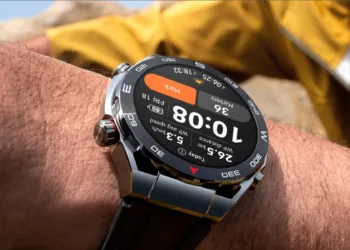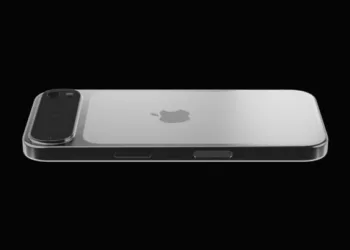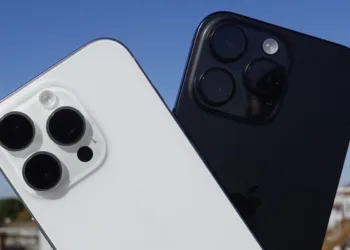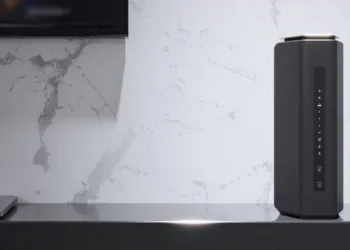There’s no denying that one of the key reasons MacBooks often rank among the top laptops is their impressive battery life, a hallmark of Apple’s devices. However, Intel may potentially take the lead with its new Lunar Lake mobile processors. A recent battery test conducted by Lenovo showed that its Yoga Slim 7i Aura Edition, equipped with the Core Ultra 7 258V processor, achieved an astounding 23 hours and 54 minutes during a local video playback test, outlasting both the M2 and M3 MacBooks by more than five hours.
This assertion is both ambitious and surprisingly ahead of schedule. Laptops with Intel’s latest processors are expected to hit the market on September 24, meaning reviews should emerge around that date. It appears Lenovo may have revealed some eager findings early, as they did not specify whether their test was conducted on a MacBook Air or MacBook Pro. Nevertheless, the results indicate a considerable advantage for the forthcoming Lunar Lake devices. The M2 MacBook recorded 18 hours and 19 minutes, while the M3 model fared slightly better with 18 hours and 32 minutes. However, both models fall short compared to Lenovo’s near-24-hour performance.
Notably, this level of battery efficiency also surpasses what we have seen with Copilot+ laptops featuring the Snapdragon X Elite chip, such as the Asus ProArt PZ13. In our video playback tests, this laptop managed 18 hours and 39 minutes, while the M3 MacBook Air achieved 19 hours and 39 minutes. The Dell XPS 13 9345 is the current leader with 22 hours and 9 minutes in similar tests, but Lenovo is asserting that its upcoming Lunar Lake models will exceed even that.
Battery longevity is crucial for the success of Intel’s next generation. The rollout of Copilot+ led to a notable surge in laptop sales, not necessarily due to new AI functionalities but largely because of enhanced battery life. While the initial Lunar Lake laptops won’t feature Copilot+, Microsoft has confirmed that support will arrive in November through free updates to Windows.
While it’s wise to await third-party evaluations, it’s reassuring that this is an official test from Lenovo, with all three laptops tested under equal conditions. Given how closely Lenovo’s findings align with our assessments, the prospect of 24-hour battery life in the upcoming Lunar Lake laptops seems plausible.
Intel’s advancement in battery performance is somewhat expected. The Lunar Lake architecture represents a significant departure from Intel’s traditional CPU designs, including outsourcing manufacturing to TSMC for the first time. These new chips forgo Intel’s long-standing Hyper-Threading feature to optimize battery usage, focusing on efficient cores as the primary performance drivers. These fundamental shifts could have significant ramifications for battery life.
The pressing question remains: can Intel maintain robust performance levels while achieving this remarkable battery efficiency? The Lunar Lake processors max out at eight cores, which could pose challenges for heavily threaded applications. We will need to wait until the September 24 launch to find out for ourselves.








![[keyword]](https://www.digitalphablet.com/wp-content/uploads/2024/09/12-Must-Experience-Activities-in-The-Legend-of-Zelda-Breath-of-120x86.webp)



